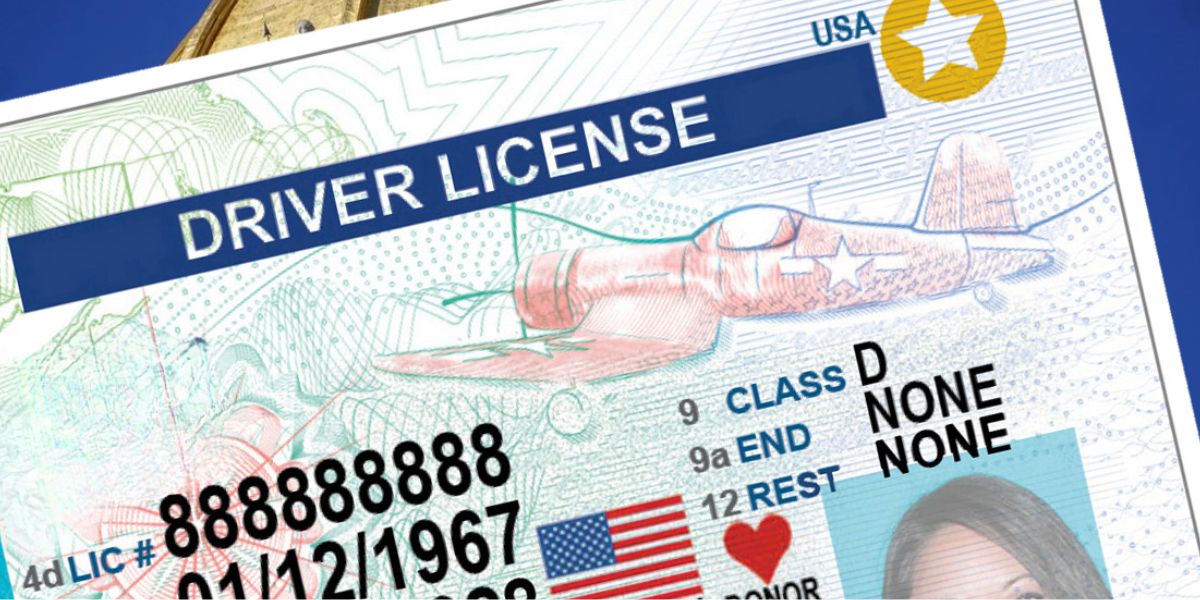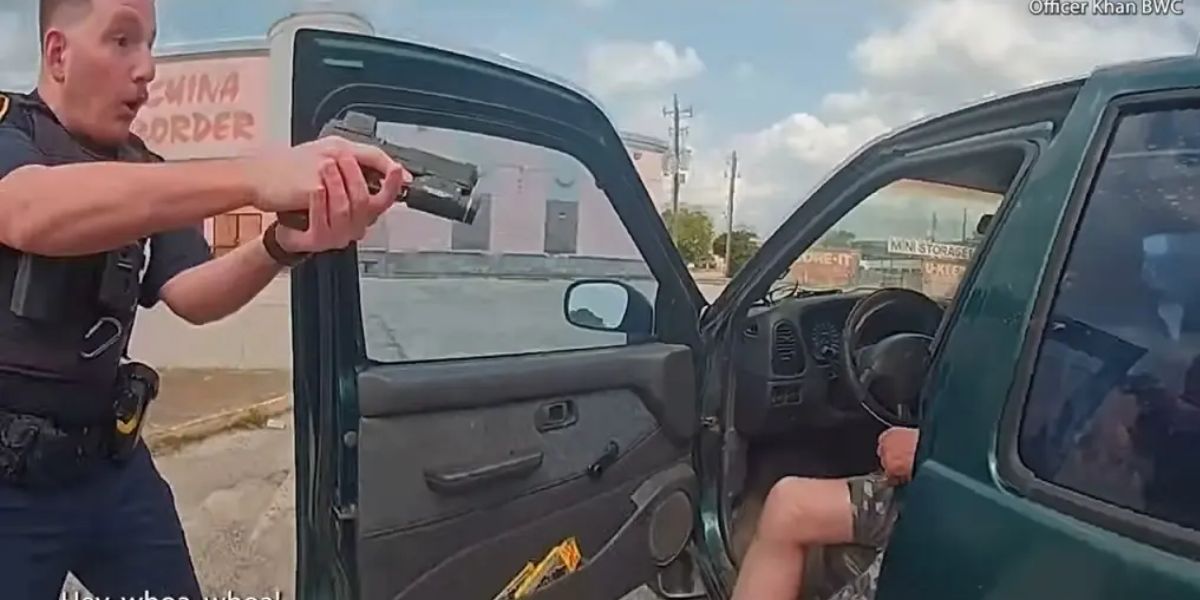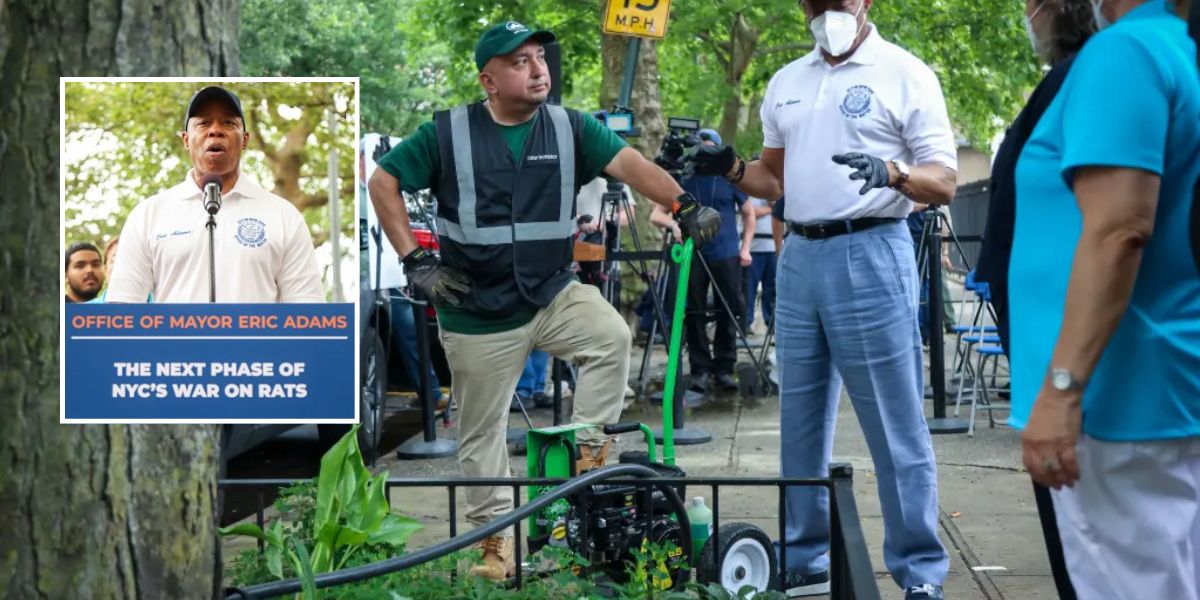Did you think that when you crossed state lines, California was behind you? They aren’t really saying farewell, though. A legal California ID card is now available to anyone who no longer reside in the state, according to the California DMV.
No, it cannot be used for driving. Furthermore, it is quite lawful. The same agency that can’t handle a registration renewal without going into a breakdown is, for some reason, now leading the way in a sensible, flexible ID policy.
When you relocate to a different state and formally change your residence (work, taxes, house, etc.), you are legally obligated to transfer your driver’s license to the new state.
You can only own one driver’s license in the United States at a time, according to the DMV gods (and the feds).
However, what if you continue to live in California for a portion of the year? Perhaps you take care of a family member, travel frequently for medical appointments, or simply haven’t broken off your emotional connection with Trader Joe’s on Sunset.
Even as an out-of-state resident, you are able to apply for a California non-driver ID card, but you are not allowed to keep your previous California driver’s license.
You can live somewhere else and still obtain the ID, according to the DMV
It’s neither a malfunction, a fraud, or a legal gray area, according to California DMV spokeswoman Chris Orrock.
Orrock claims that when you apply for a California ID, the DMV actually advises using your out-of-state address. In this manner, they are providing you with a backup form of identity that is both legal and practical while you are visiting, rather than posing as residents.
Except in extreme cases, no one likes to visit the DMV. Therefore, why would anyone voluntarily apply for a state ID that they had officially left?
However, there are instances where your new out-of-state license is insufficient, particularly when interacting with California institutions that anticipate seeing local content.
A California ID card can be useful in the following situations:
- You continue to go to California frequently for work, family, or medical visits.
- You need a local ID to pick up medication, check in at the hospital, or complete state paperwork while you’re temporarily residing with family.
- You don’t want to reiterate that your driver’s license from Texas is completely legitimate in Los Angeles.
- You don’t want to carry a passport everywhere, but you do need a second photo ID.
- You’re not prepared to sever all of your ties to California, either mentally or physically.
Read Also: Big Change Coming to License Plates After Four Decades, DMV Confirms
It’s “we’re on a break” in bureaucratic parlance.
As previously stated, you are only permitted to possess one driver’s license at a time, and it needs to be issued by the state in which you legally reside. This implies that your California driver’s license must be revoked if you now reside in Oregon, New York, or Florida.
Your previous license will be revoked and California will be notified by the DMV in your new state when you obtain your new one. Attempting to keep both could land you in legal hot water, and not the bubbly kind.
Read Also: California Sees Thousands of Arrests, Vehicle Recoveries in Major Operation, Newsom Says
That issue is resolved by the non-driver ID. It isn’t a license. It does not give you the ability to drive. Even if you have lived in a Phoenix suburb for three years, you will still receive a state-issued card that states, “Yes, I still exist in California.”
How to apply from out of state for a California ID?
To obtain one of these enchanted California ID cards, follow these steps:
- You still need to appear in person at a DMV field office; some things are always the same.
- Complete the ID card application (not the one for renewing your driver’s license).
- As your mailing address, provide your out-of-state address.
- Bring the standard forms of identification, such as your utility bill, passport, and Social Security number.
- Wait for your new ID to arrive, pay the money, and make an awful smile for the camera.
Generally speaking, the DMV is notorious for causing more issues than it fixes. However, in this instance, it’s providing a lifeline for those who have two households, separate lives, or just unresolved feelings over California.



